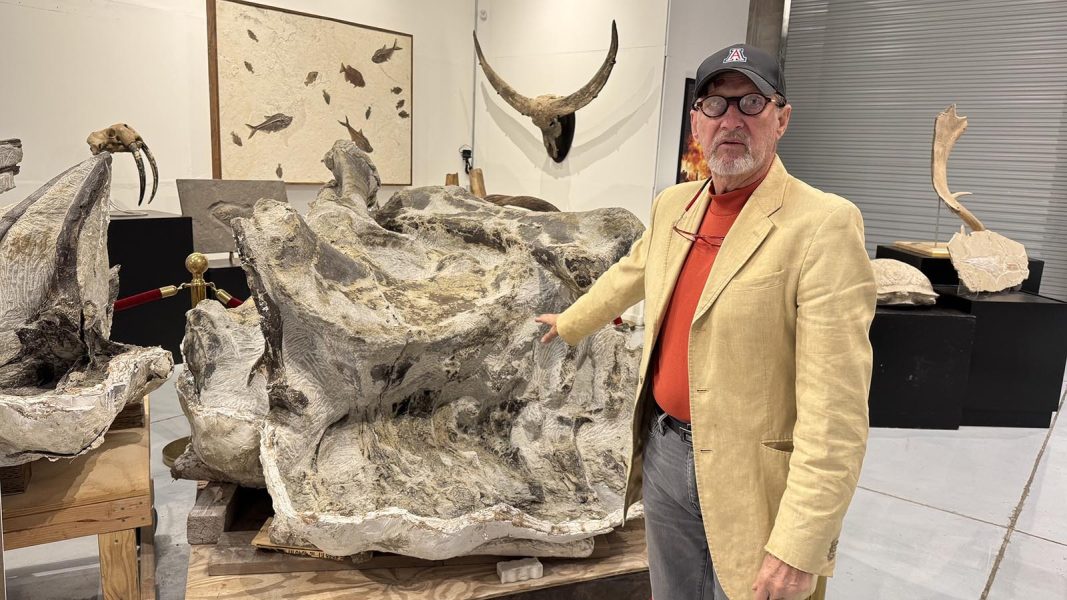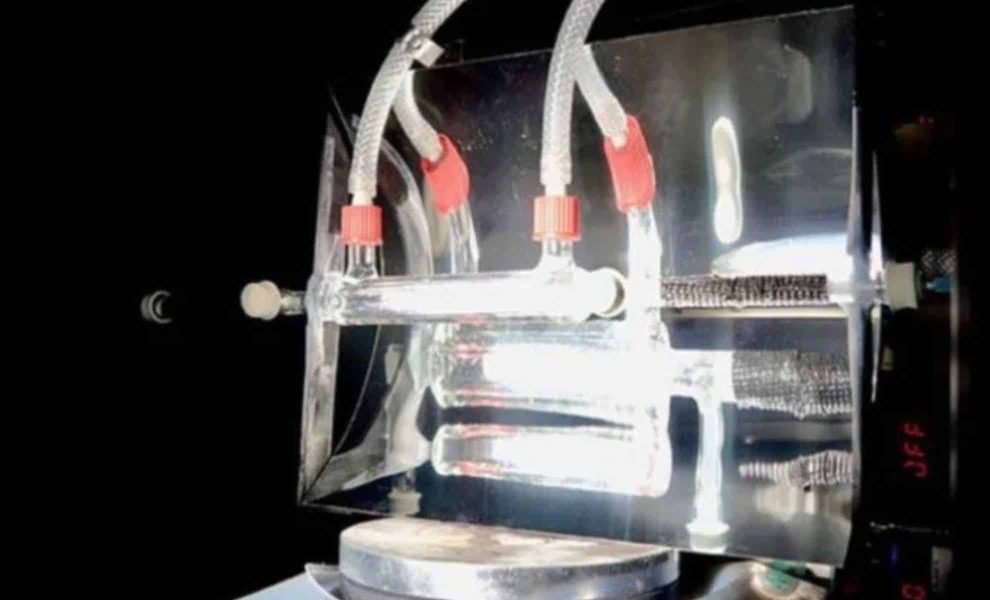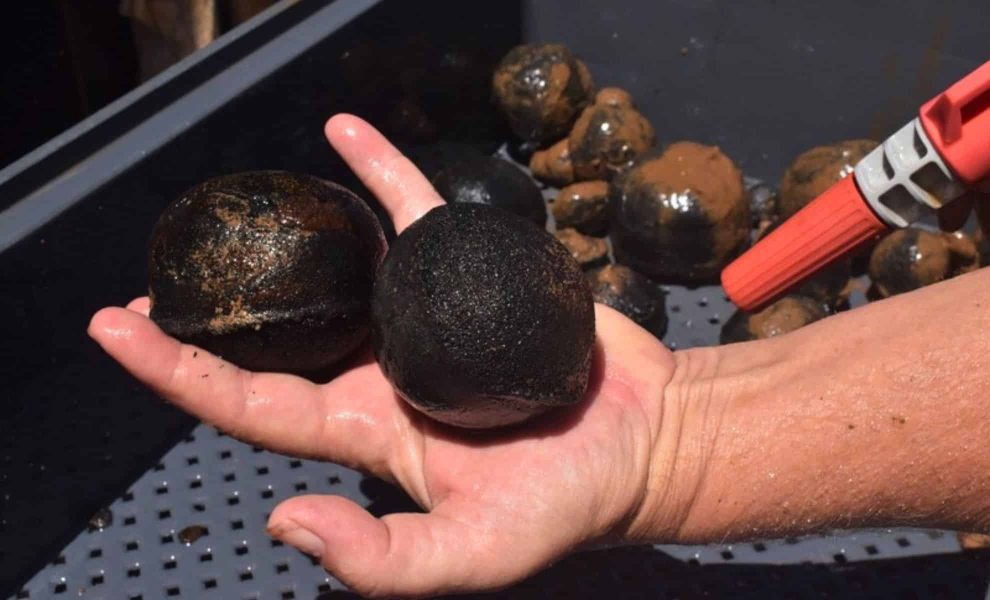Is the Habitable Worlds Observatory a Good Idea? – Universe Today

Universe TodaySpace and astronomy newsThe Habitable Worlds Observatory, NASA’s planned successor to the James Webb Space Telescope, will be a monster of an instrument. Using the same origami-like technique pioneered by the James Webb, the HWO will unfold a mirror spanning 6-8 meters across. Among its many science goals, its primary mission will be to directly image promising nearby exoplanets to hunt for biosignatures, which are signs of life as we know it.The HWO is expected to take cost $11 billion and launch in the first half of the 2040’s. But if the tortured history of the James Webb is any indication, then those numbers are highly optimistic lower bounds.After all those resources, all that money and time and talent devoted to one single telescope, designers of the HWO hope to survey a grand total of 25 potentially habitable Earth-like worlds.Surely there’s a better way.We need to heavily invest in a program of diversification to have the best – and cheapest – chances of success when it comes to finding life outside the Earth. That means we need to search for life in all the places where we least expect it.Right now our life-hunting programs focus on Earth-like planets orbiting their parent stars within the so-called Habitable Zone, the band where the star’s radiation is just right to allow for liquid water on the surface. On one hand, these expectations are built on a solid foundation. The only known life to exist in the universe – ours – thrives in exactly that environment. And we know what our kind of life looks like and what it does to planetary atmospheres, increasing the chances of a confirmed detection of a biosignature.But the other hand, our preconceived notions have been challenged in the past, and assuming that nature is as limited as our current thinking could be a costly mistake, as we spend billions on future programs with little chance of success.Take the methanogens, a broad group of Archaea that “eat” hydrogen and emit methane as a by-product. Mars might be a suitable home for them. Not on the surface, but kilometers underground. Additionally, the last place you might think to look for life is in the outer reaches of the solar system, home to the giant planets and their icy moons. And yet many of those moons host liquid water oceans vaster than the Earth’s – and they are now prime candidates for extraterrestrial life in our own solar system. If we had forged ahead with Habitable Zone searches in our own solar system, we would have spent decades fruitlessly digging in the Martian dirt, ignoring the potential watery goldmines of the outer moons.We should take the lesson offered by our own backyard and extend that thinking to the wider galaxy. There have already been researchers exploring the edges of what life could be and where it could thrive, pulling their examples from extreme lifeforms on Earth and cutting-edge research into the definition of habitability. Before we invest billions of dollars in a next-generation mega-observatory, we should carefully consider all the options.OK, I am quite sure I am very much in the minority but I think that there is little value in exoplanet research and none in looking for life on exoplanets.The tech is impressive and the questions asked are at least a bit intriguing – but even if there is eventually success in finding either life or an inhabitable world – it’s useless. Given the distances and the inability to actually travel there in a reasonable time frame – or even to communicate anything likely to be helpful – it’s useless.Seriously, I fairly regularly read/hear people saying that finding extra-terrestrial life would be monumentally life-changing. Philosophy, understanding the universe, etc. would all be changed. Since I and probably billions of others already believe there is sentient life which is not of this world (although there are various opinions of what that life is like) it will actually be a total yawn-fest. It wouldn’t change much of anything – and if there are those who don’t think there is extra-terrestrial life well, they’ll simply disbelieve the science and hold their opinion still.We should be spending money on projects likely to actually improve people’s lives in a reasonable time frame (short- and long-term).There are a lot of things to be done (in space and on Earth) which will could help us understand Physics and the structure of the universe in ways that can be reasonably hoped to be exploited for the benefit of humanity. Those are thing things which should be financed and pursued.You must be logged in to post a comment.This site uses Akismet to reduce spam. Learn how your comment data is processed.
Source: https://www.universetoday.com/170942/is-the-habitable-worlds-observatory-a-good-idea/






